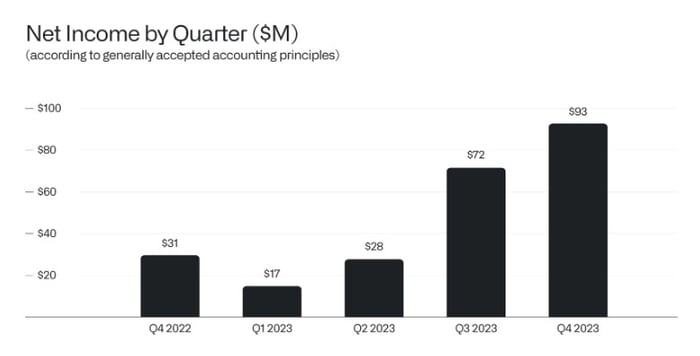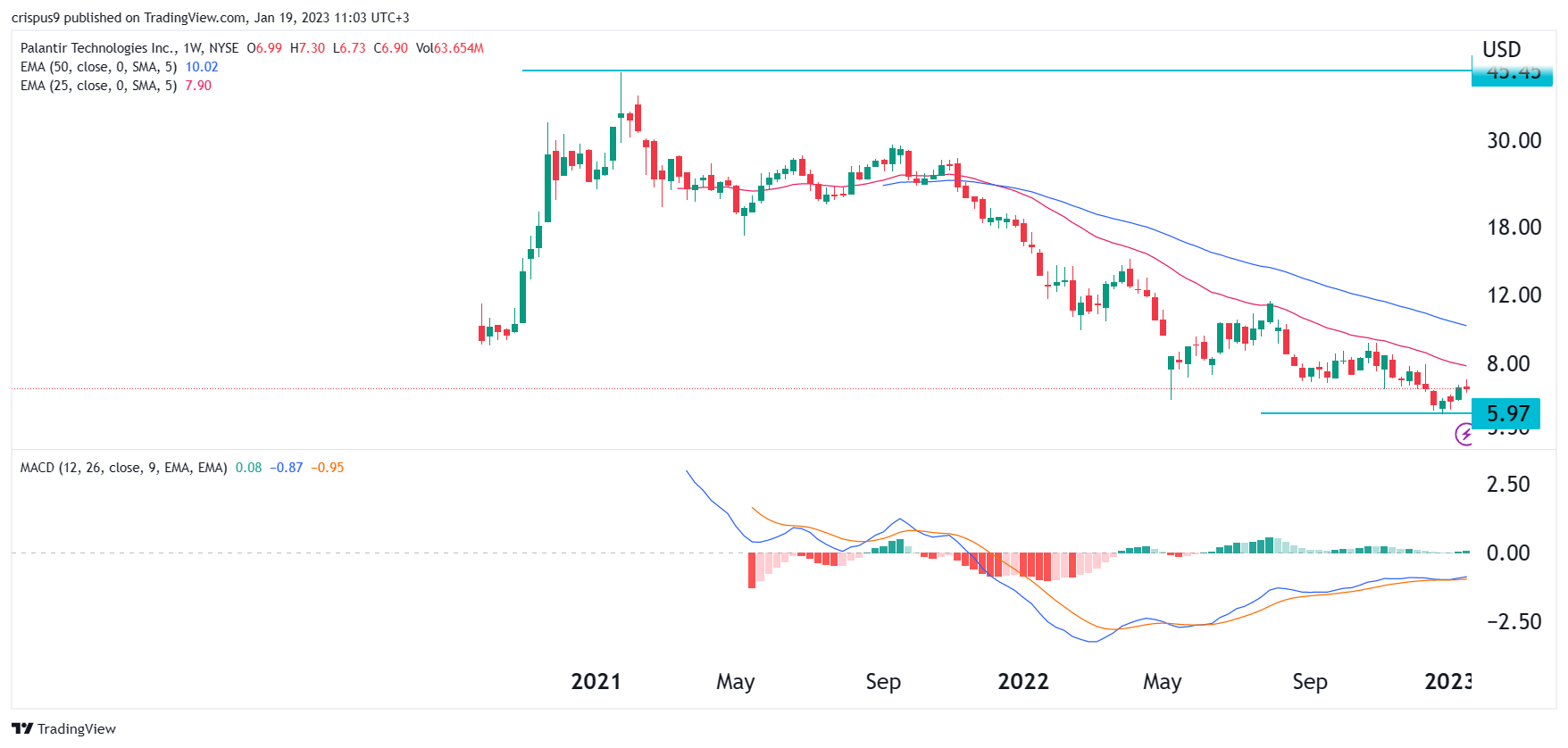UK City's Caravan Problem: A Growing Ghetto?

Table of Contents
The Rise of Caravan Sites in Urban Areas
The proliferation of caravan sites in UK cities is a multifaceted problem with roots in both planning regulations and socioeconomic factors.
Planning Permissions and Lack of Regulation: Loopholes in planning regulations contribute significantly to the rapid expansion of caravan sites, particularly in areas with cheaper land. Often, existing sites expand incrementally without sufficient oversight, leading to overcrowding and inadequate infrastructure.
- Examples: Cities like Birmingham, Manchester, and London have witnessed a rapid increase in the number of caravan sites in recent years.
- Statistics: Data on planning permissions granted for caravan sites is often fragmented and difficult to access, hindering a comprehensive understanding of the scale of the problem. Further research is needed to obtain accurate figures.
- Inadequate Oversight: Local councils often lack the resources and manpower to effectively monitor and regulate the expansion of caravan sites, leading to situations where sites operate outside of acceptable standards.
Socioeconomic Factors Driving the Trend: The surge in urban caravan sites is inextricably linked to the UK's housing crisis.
- Affordable Housing Crisis: The escalating cost of housing and a shortage of affordable options force many individuals and families to seek alternative, often cheaper, accommodation.
- Lack of Social Housing: Insufficient provision of social housing exacerbates the problem, leaving vulnerable populations with limited choices.
- Increased Homelessness: The rise in homelessness contributes to the demand for caravan sites, as they offer a temporary or even long-term refuge for those without a permanent home.
- Impact of Benefits Systems: Changes in the benefits system and welfare policies can indirectly influence the number of people relying on caravan sites as a form of accommodation.
Living Conditions and Social Issues on Caravan Sites
The living conditions and social dynamics within urban caravan sites vary significantly, but often present challenges.
Infrastructure and Amenities: Many caravan sites lack adequate infrastructure and amenities, leading to substandard living conditions.
- Access to Sanitation: Inadequate sanitation facilities pose serious health risks.
- Availability of Utilities: Reliable access to electricity and water is often unreliable or insufficient.
- Waste Disposal: Effective waste disposal systems are frequently lacking, contributing to environmental concerns.
- Road Conditions: Poor road conditions within and leading to caravan sites can impact access to essential services.
- Crime Rates: The concentration of vulnerable populations in some caravan sites can contribute to higher crime rates and anti-social behavior.
Community Cohesion and Social Integration: Residents of urban caravan sites often face social isolation and limited access to essential services.
- Social Isolation: The geographical location and stigma associated with caravan sites can lead to social exclusion.
- Access to Resources: Access to schools, healthcare, and job opportunities is often limited, impacting residents' quality of life.
- Crime and Anti-social Behaviour: While not inherent to all sites, a lack of resources and support can contribute to negative social dynamics.
- Community Initiatives: Community initiatives and support networks attempt to bridge the gap and foster a sense of belonging.
The "Ghetto" Label and Public Perception
The term "ghetto" is a loaded one and its application to caravan sites needs careful consideration. However, the public perception, often fueled by media portrayals, raises valid concerns about social exclusion and marginalization.
Media Portrayal and Public Opinion: Negative media representations of caravan sites often reinforce existing stereotypes and prejudices.
- Negative Media Representations: News stories often focus on crime and anti-social behaviour, neglecting the broader social context.
- Public Attitudes: Many members of the public harbor negative perceptions of caravan site residents, leading to potential stigmatization and discrimination.
Addressing Negative Stereotypes: Combating negative stereotypes requires a multifaceted approach:
- Community Outreach Programs: Initiatives fostering interaction between caravan site residents and the wider community can break down barriers and promote understanding.
- Educational Campaigns: Raising public awareness about the complex reasons behind the growth of urban caravan sites can help challenge prejudices.
- Government Initiatives: Increased funding for affordable housing, social services, and infrastructure improvements on caravan sites are crucial.
- Success Stories: Highlighting successful examples of integrated caravan sites, where residents thrive and contribute positively to the community, can challenge negative narratives.
Conclusion
The rapid growth of caravan sites in UK cities highlights a complex interplay of planning issues, socioeconomic factors, and public perception. While the term "ghetto" may be controversial, the concerns about substandard living conditions, social isolation, and potential for marginalization within these communities are valid. Addressing the UK's caravan site problem requires a holistic approach focusing on improving living standards, fostering community cohesion, and tackling the underlying causes of housing inequality. We must move beyond simplistic labels and engage in constructive dialogue about potential solutions. Improve conditions on caravan sites, and combat the ghettoization of caravan communities through informed discussion and targeted action. Research local initiatives supporting improved living standards on caravan sites and actively participate in shaping a more equitable and inclusive future.

Featured Posts
-
 Investing In Palantir Should You Buy Before May 5th Wall Streets View
May 10, 2025
Investing In Palantir Should You Buy Before May 5th Wall Streets View
May 10, 2025 -
 Uk Visa Crackdown Stricter Rules For Work And Student Visas
May 10, 2025
Uk Visa Crackdown Stricter Rules For Work And Student Visas
May 10, 2025 -
 Should You Buy Palantir Stock Before May 5th A Prudent Investors Guide
May 10, 2025
Should You Buy Palantir Stock Before May 5th A Prudent Investors Guide
May 10, 2025 -
 Dealing With Risque Comedy Bert Kreischer And His Wifes Experience
May 10, 2025
Dealing With Risque Comedy Bert Kreischer And His Wifes Experience
May 10, 2025 -
 The Nottingham Attacks First Hand Accounts From Survivors
May 10, 2025
The Nottingham Attacks First Hand Accounts From Survivors
May 10, 2025
